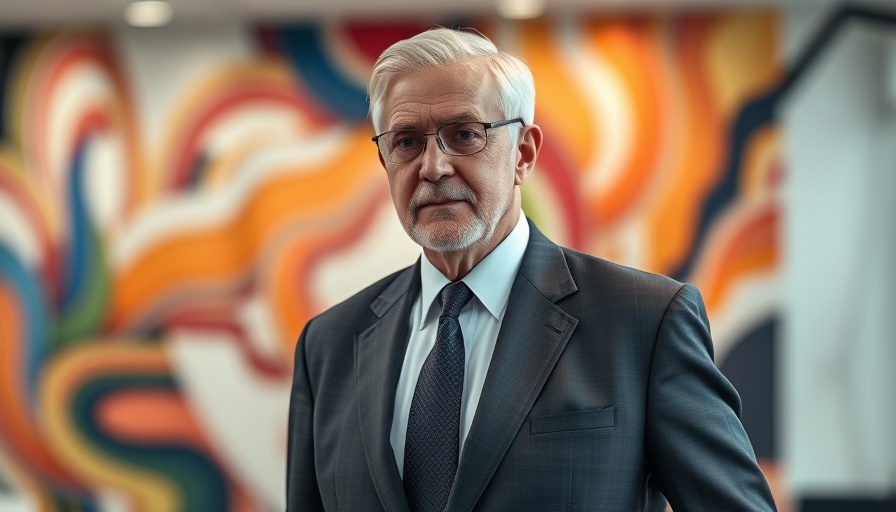
The Rise of Nationalism in Romania: A Political Shift
The recent first-round presidential election in Romania serves as a clear signal of the rising tide of nationalism across Europe. George Simion, a hard-right eurosceptic and leader of the Alliance for the Union of Romanians (AUR), secured a significant victory, garnering approximately 40.6% of the votes. This election highlights a turning point in Romanian politics and is indicative of a broader trend reflecting public sentiment against mainstream political figures across the continent.
Electoral Outcomes: Implications for Romania
The implications of Simion's potential victory could be profound, with analysts warning of a possible isolationist stance and a detrimental impact on NATO alliances, particularly as the war in Ukraine continues. His opposition, Bucharest Mayor Nicusor Dan, who received about 21% of the votes, will challenge Simion in a runoff scheduled for May 18th.
The Appeal of Nationalism: Key Factors
Factors contributing to Simion's success include widespread disillusionment with traditional political elites and a growing desire for a political voice reflecting Romanian nationalism. As he proclaimed, “This is not just an electoral victory, it is a victory of Romanian dignity,” his narrative resonates strongly with voters frustrated by years of perceived neglect and corruption.
EU's Response to Rising Nationalism
The rise of eurosceptic leaders like Simion, alongside counterparts in Hungary and Slovakia, poses a challenge for the European Union as it grapples with maintaining unity amidst diverging national interests. Europe's struggle to formulate a cohesive response to Trump-style nationalism can significantly shape its political landscape in the coming years.
Counterarguments: A Nation Divided
While Simion's base grows, there exists a faction within Romania that champions integration within the EU as vital for economic stability. Detractors argue that nationalism could lead to isolation, which, given Romania’s geographical and strategic position, could have severe repercussions on its international relations and economic growth.
A Future Predicted: What Lies Ahead?
As Romania embarks on this political journey, much hinges on the upcoming runoff and the responses of European leaders to this hard-right wave. Analysts suggest that a Simion victory may lead to increased isolationism, while a loss could reinvigorate traditional pro-European sentiments. Observers across Europe are closely monitoring this evolution, which will likely catalyze broader discussions around nationalism not just in Romania but across the continent.
Understanding the Historical Context
This election occurs against the backdrop of a continent increasingly swayed by populist sentiment, where dissatisfaction with economic disparity and immigration has bolstered nationalist rhetoric. For Romania, which has historically navigated a complex relationship with both the EU and its communist past, this juncture presents an opportunity for introspection and a reevaluation of its identity in a modern Europe.
Socio-economic Considerations: Romania amidst Change
As Romania stands at a crossroads, the consequences of this election will likely resonate through various sectors, from investment strategies to diplomatic relations. Business leaders and investors keenly watch how this could affect the stock market and private investment opportunities, crucial for the nation’s economic health in tumultuous times.
The time for action is now as Romania confronts these critical questions of identity, governance, and national direction, framed not only by its politics but by the expectations of its citizens. Engaging with this discourse will be instrumental as the nation sets its course for the future.
 Add Row
Add Row  Add
Add 



Write A Comment